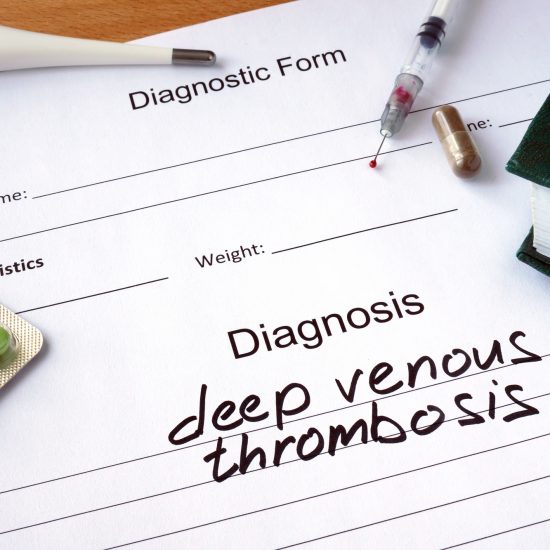High salt intake may put you at risk of cardiovascular disease

The British Medical Journal recently published research which observed the notes of 13 studies from the years 1966 – 2008. The
study looks at the relationship between salt intake and stroke and cardiovascular disease affecting the heart. According to the research, a high salt intake is definitely associated with an increased risk of stroke and cardiovascular disease, However, because of the imprecise measurements of salt intake, these effects are most likely underestimated. The result supports the role of a possibly substantial population reduction in salt intake for the prevention of cardiovascular disease. The association was greater in those who consumed a higher amount of salt.
According to Marion Nestle, 80 percent of salt intake comes from processed and ready-made foods, therefore the best way to prevent cardiovascular disease due to a high intake of salt is to regulate the salt in the food industry. If we want to reduce the risk of cardiovascular disease, salt levels would need to be reduced throughout the entire board of food production.
One major issue, however, is that because our salt intake from processed foods is so high, the taste of salt depends on how much we eat. If salt levels were reduced in the food industry it would be noticed by consumers.
Considering that over 570,000 Americans die each year due to cardiovascular disease and stroke, the most important concern right now is that we need to educate the public on the issue in order to successfully lower salt intake and the risk of cardiovascular disease. People need to know the danger of eating too much salt, and they need to know how to lower their salt intake. Reduce your risk of heart disease and stroke by eating at home. Eating more home-cooked meals is a good place to start if processed foods and restaurant food are the biggest threat to high salt levels.
Also Read
 The British Medical Journal recently published research which observed the notes of 13 studies from the years 1966 – 2008. The study looks at the relationship between salt intake and stroke and cardiovascular disease affecting the heart. According to the research, a high salt intake is definitely associated with an increased risk of stroke and cardiovascular disease, However, because of the imprecise measurements of salt intake, these effects are most likely underestimated. The result supports the role of a possibly substantial population reduction in salt intake for the prevention of cardiovascular disease. The association was greater in those who consumed a higher amount of salt.
The British Medical Journal recently published research which observed the notes of 13 studies from the years 1966 – 2008. The study looks at the relationship between salt intake and stroke and cardiovascular disease affecting the heart. According to the research, a high salt intake is definitely associated with an increased risk of stroke and cardiovascular disease, However, because of the imprecise measurements of salt intake, these effects are most likely underestimated. The result supports the role of a possibly substantial population reduction in salt intake for the prevention of cardiovascular disease. The association was greater in those who consumed a higher amount of salt.

